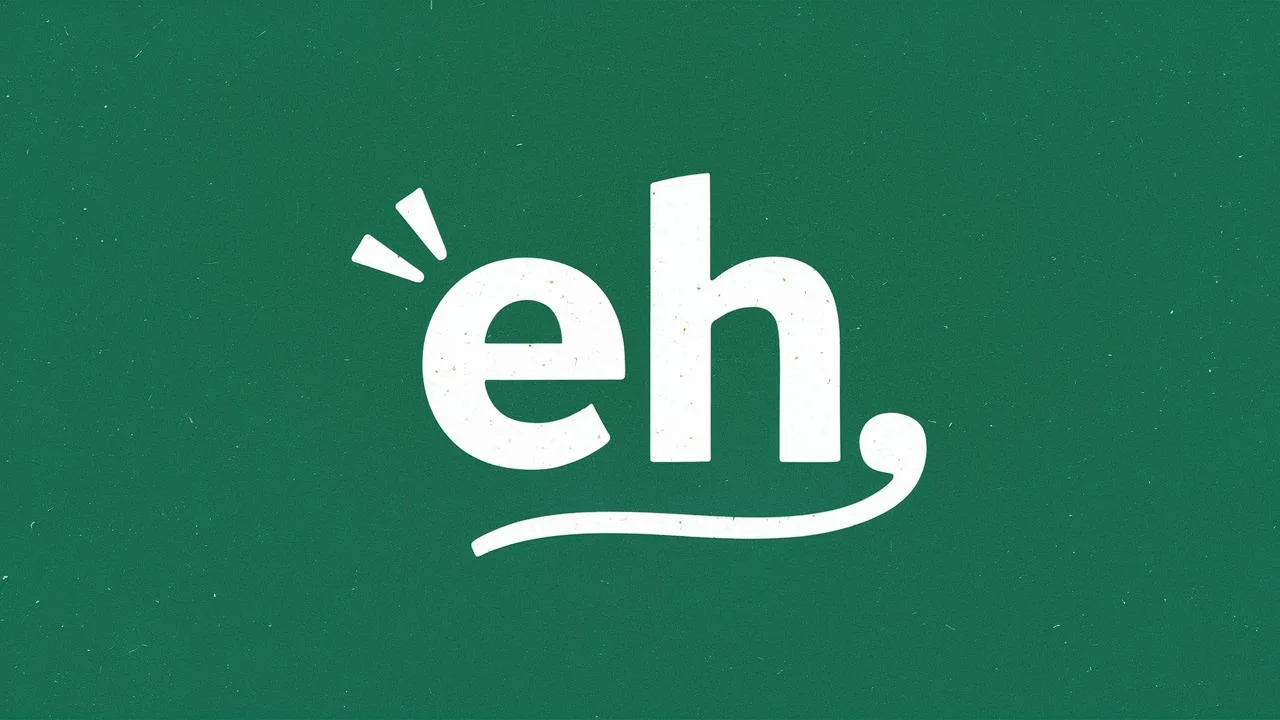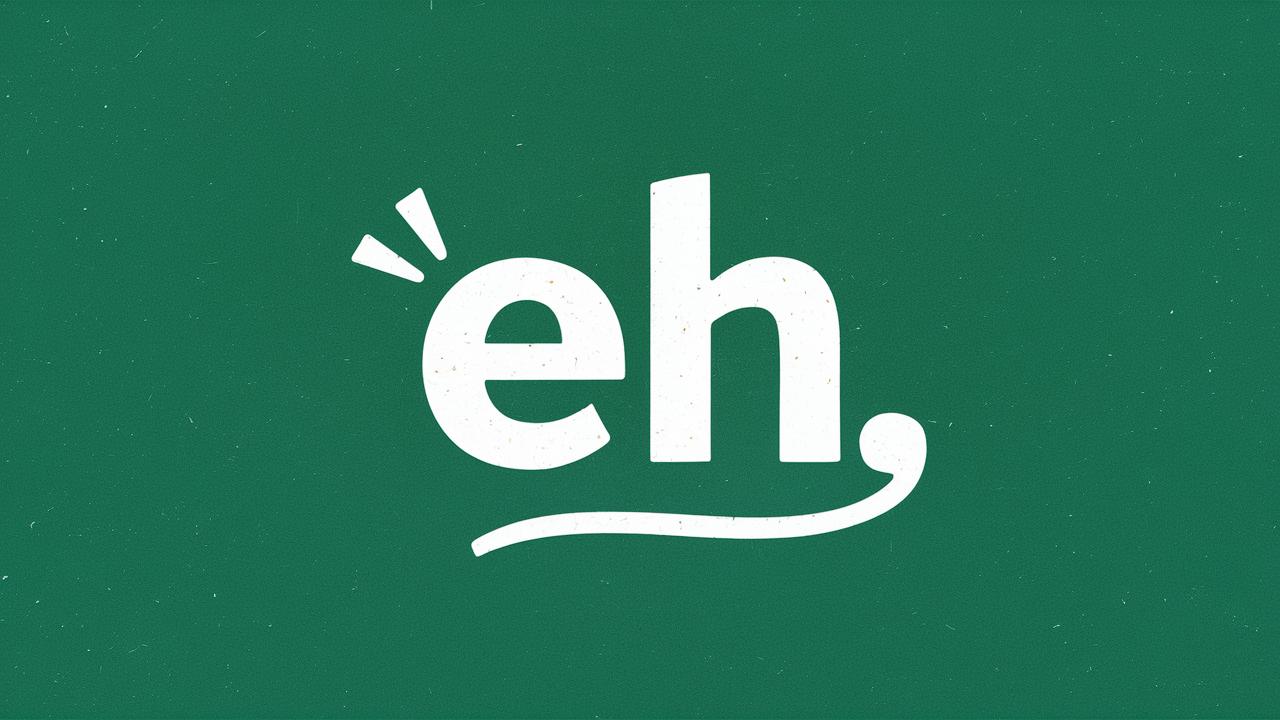What does ‘eh’ mean in Singlish and how is it used?
If you’ve ever strolled thru the bustling streets of Singapore, you might have caught the word ‘Eh’ punctuating conversations. This unassuming syllable is no ordinary utterance. ‘Eh’ is the Swiss Army knife of Singlish, a linguistic tool for every occasion, a verbal chameleon adapting to myriad contexts. So, ready your linguistic taste buds: we’re diving into how ‘eh’ became the most versatile Singlish word.
What is Singlish?
Before we unravel the marvels of ‘Eh’, let’s brief you on Singlish. rolling through the eclectic cultural crossroads of Singapore, Singlish is a unique blend of English, Malay, Hokkien, Cantonese, Tamil, and more. It’s the cozy linguistic couch where these languages lounge together, creating a vernacular that’s distinctively Singaporean.
The Origins of ‘Eh’ in Singlish
the word ‘Eh’, simple yet profound, didn’t just pop out of nowhere. It has roots that are as diverse as the population of Singapore. Derived from the Hokkien and Teochew dialects, ‘Eh’ has meandered through the history of the Chinese diaspora to become an integral element of Singlish.
In these dialects, ‘Eh’ functions as a tool to grab attention. Or, as cheeky Singaporeans might put it, it’s the verbal equivalent of waiving your hand in someone’s face—only much more polite.
How ‘Eh’ Evolved in Singlish
Over time, ‘Eh’ didn’t just settle for being a conversational doorbell; it evolved, adapted, and took on roles in Singapore’s rich tapestry of languages and cultures. It started punctuating sentences, signalling everything from surprise to skepticism, and became a important part of interpersonal dialog. One could say it’s like the emoji of Singlish: tone-dependent and delightfully expressive!
The Many Faces of ‘Eh’
So how does one small word pack such a powerful punch? Let’s break down the Swiss Army word of singlish into its glorious expressive functions:
- Grabbing attention: Used to catch someone’s attention in the most casual manner. “Eh, you got see my wallet anot?”
- Expressing surprise: Perfect for situations where life throws a curveball. “Eh, you mean he quit his job?”
- Showing disapproval: Mumbling ‘Eh’ under your breath is the Singaporean equivalent of a light scold. “Eh,why you so late?”
- asking for agreement: Similar to a tag question in English. “Nice weather today, eh?”
- Signaling skepticism: A quick ‘Eh’ can communicate doubt faster than you can say “Are you sure?” “Eh, you really know how to do meh?”
Examples in Daily Conversations
It’s not all theory—let’s see how ‘Eh’ fits snugly into the conversations of everyday Singaporeans.
Scene 1: At the Hawker Center
Person A: Eh, today got carrot cake special deal ah?
Person B: Ya lah! Only $2.50, can you believe?
Scene 2: At Work
Boss: Eh, your presentation tomorrow prepared already?
Employee: Wah, thanks for reminder! Need one more night to polish, lah.
Scene 3: Wiht Friends
Friend A: Eh, yesterday you all never call me to go play soccer!
Friend B: Relax, bro! Next time confirm we call you!
Cultural Significance of ‘Eh’ in Singlish
Importantly, ‘Eh’ in Singlish isn’t just about language—it’s a slice of culture. It reflects the attitudes, the unpretentiousness, and the communal disposition of Singaporeans. Its usage in communication is often casual and intimate, mirroring the national pride in informal language that fosters community identity.
While walking past coffee shops or overhearing conversations on the MRT, ‘Eh’ reminds us of the close-knit, shared experiences of Singaporean life. Unlike stiff, formal language, ‘Eh’ breaks barriers, encouraging camaraderie and ease in conversation.
why is ‘Eh’ So Beloved?
Why do Singaporeans hold this two-letter word so dear? Here are a few reasons:
- Simplicity: ‘Eh’ is delightfully easy—no convoluted grammar, just a straight-to-the-point word that gets things done.
- Expressiveness: Every shade of ‘Eh’ adds nuance and humor to language, making it a dynamic conversational tool.
- Unity: ‘Eh’ is a unifying thread woven through the tapestry of ethnic groups and cultures within singapore, creating a unique identity.
The Future of ‘Eh’ in Singlish
So, what lies ahead for our plucky little ‘Eh’? Despite the rise of technology and communication platforms, ‘Eh’ demonstrates remarkable resilience and adaptation. As language continues to evolve,particularly through social media,‘Eh’ is highly likely to take on new roles and dimensions.
Already, ‘Eh’ is making appearances in online memes and videos, how singaporeans endearingly communicate with the world. As such, it’s not just clinging to its roots; it’s thriving on global stages, adapting and evolving just as language inevitably does.
‘eh’ in the Digital Age
In a world where communication increasingly happens behind screens,emojis have become global shorthand for expression. Yet, even in this digital age, ‘Eh’ remains more expressive than ever.Whether popping up in tweets or accompanying viral tiktoks, ‘Eh’ maintains its foothold as a vital component of Singaporean vernacular, proudly holding its own among LOLs and OMGs.
Conclusion: Celebrating ’Eh’, the Singlish Superstar
‘Eh’ might potentially be a small word, but it’s a mighty force.It embodies a uniquely Singaporean world of versatility, touching every sphere with its charming, adaptable nuances. As Singapore’s social and linguistic landscape continues to evolve, ‘Eh’ is sure to keep echoing through hawker centers, homes, and digital platforms. Here’s to ‘Eh’—a symbol of shared identity, humor, and effortless communication in Singapore’s vibrant linguistic tapestry.
So next time you’re chatting with your buddy, or perhaps shouting across the kopitiam, remember to drop an ‘Eh’. It’s not just any word; it’s a cultural emblem, borne of heritage and modernity. And really, if a single word can mean so many things, it’s no wonder ‘Eh’ is Singlish’s most versatile gem.


